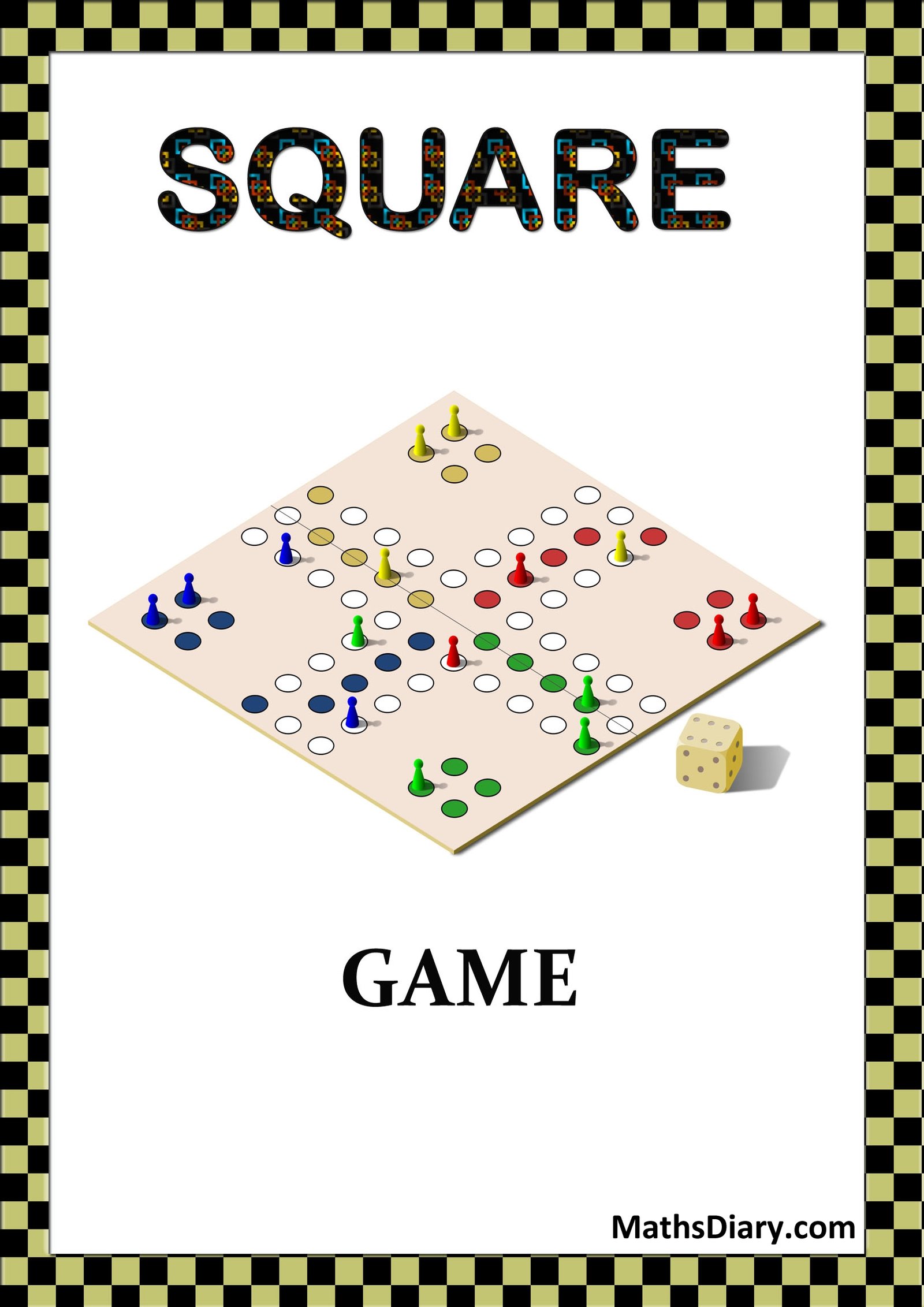
kerrieboucaut4
About kerrieboucaut4
Chicken Road: A Thrilling Gamble on Nerves, Skill, and Sheer Luck
Chicken Road: A Thrilling Gamble on Nerves, Skill, and Sheer Luck
Chicken Road. The name itself evokes images of reckless daring, high stakes, and the thin line between triumph and disaster. More than just a simple game, it’s a psychological battleground, a test of wills disguised as a chance encounter on the digital highway. While variations exist, the core concept remains the same: two players, an escalating pot, and the agonizing decision of when to cash out before the game inevitably crashes. This article delves deep into the captivating world of Chicken Road, exploring its mechanics, strategies, psychological nuances, and its place within the broader landscape of online casino games.
The Basic Mechanics of Chicken Road
Chicken Road is deceptively simple at its core. Imagine a virtual road that extends indefinitely. Players place bets and watch as a car (or another vehicle, depending on the game’s theme) begins to travel down this road. As the car progresses, a multiplier steadily increases, representing the potential payout for the player. The longer the car travels, the higher the multiplier climbs. However, at any moment, the game can ”crash,” causing all players who haven’t cashed out to lose their initial bets.
The fundamental decision facing each player is: when to bail out? Cashing out early guarantees a smaller, but certain, profit. Waiting longer offers the tantalizing prospect of a significantly larger payout, but also increases the risk of losing everything. This risk/reward dynamic is the heart of Chicken Road’s appeal, creating a constant tension that keeps players on the edge of their seats.
Consider this simplified example:
| Round | Multiplier | Outcome if Cashed Out | Outcome if Crashed |
|---|---|---|---|
| 1 | 1.1x | Win 10% of your bet | Lose your entire bet |
| 5 | 1.5x | Win 50% of your bet | Lose your entire bet |
| 10 | 2.0x | Win 100% (double your bet) | Lose your entire bet |
| 20 | 5.0x | Win 400% (quintuple your bet) | Lose your entire bet |
Each Chicken Road iteration might vary in its visual design, multiplier increment speed, and specific crashing algorithm, but the core risk/reward principle remains unchanged.
Strategic Approaches to Navigating the Chicken Road
While luck undoubtedly plays a role in Chicken Road, successful players often employ strategic approaches to maximize their odds. These strategies can range from conservative to aggressive, depending on individual risk tolerance and bankroll management.
Conservative Strategies: The Safety First Approach
Conservative strategies focus on consistent, smaller wins. Players employing this approach typically cash out early, aiming for lower multipliers (e.g., 1.1x to 1.5x). The goal is to accumulate profits slowly but steadily, minimizing the risk of significant losses. This strategy relies on the ”law of averages,” assuming that consistent small wins will eventually outweigh the inevitable losses.
The advantages of a conservative approach include:
Lower risk of losing significant amounts.
More frequent wins, which can be psychologically rewarding.
Easier to maintain a consistent bankroll.
The disadvantages are:
Slower profit accumulation.
Can be frustrating when the game crashes shortly after cashing out.
May miss out on opportunities for larger payouts.
Aggressive Strategies: High Risk, High Reward
Aggressive strategies involve waiting for higher multipliers before cashing out, accepting a greater risk of losing the bet in exchange for the potential for larger profits. Players employing this approach may aim for multipliers of 2x, 5x, or even higher. This strategy is more volatile and requires a higher tolerance for risk.
The advantages of an aggressive approach include:
Potential for rapid profit accumulation.
Can be exciting and adrenaline-inducing.
Less frequent play, potentially saving time.
The disadvantages are:
Higher risk of losing significant amounts.
More frequent losses, which can be psychologically draining.
Requires a larger bankroll to withstand potential losing streaks.
Martingale and Anti-Martingale Strategies: Chasing Losses or Riding Wins
The Martingale strategy involves doubling your bet after each loss, with the goal of recouping previous losses and making a small profit when you eventually win. Conversely, the Anti-Martingale strategy involves doubling your bet after each win, capitalizing on winning streaks. Both strategies are risky and require careful bankroll management.
Martingale: While theoretically sound, the Martingale strategy can quickly deplete your bankroll if you encounter a long losing streak. The doubling effect can lead to exponentially increasing bets, exceeding your betting limits or available funds.
Anti-Martingale: The Anti-Martingale strategy is less risky than the Martingale, but it relies on consistently winning streaks, which are not guaranteed in a game like Chicken Road.
The Hybrid Approach: Balancing Risk and Reward
Many players adopt a hybrid approach, combining elements of both conservative and aggressive strategies. This might involve cashing out early for smaller wins most of the time, but occasionally attempting to wait for higher multipliers when feeling confident or during perceived ”hot streaks.” This balanced approach can help to mitigate risk while still providing opportunities for significant profits.
The Psychology of Chicken Road: More Than Just Numbers
Chicken Road is not solely a game of numbers and probabilities; it’s also a psychological battleground. Players must manage their emotions, resist the temptation to chase losses, and avoid being swayed by the behavior of other players.

Fear of Missing Out (FOMO): The Siren Song of Higher Multipliers
The Fear of Missing Out (FOMO) is a powerful psychological force in Chicken Road. As the multiplier continues to climb, players may experience an overwhelming urge to stay in the game, even if their initial strategy dictated otherwise. This is because they fear missing out on the potential for a significantly larger payout. FOMO can lead to irrational decisions and ultimately, to significant losses.
Loss Aversion: The Pain of Losing Outweighs the Joy of Winning
Loss aversion is the tendency for people to feel the pain of a loss more strongly than the pleasure of an equivalent gain. In Chicken Road, the fear of losing your bet can be a powerful motivator, leading you to cash out too early and potentially miss out on higher multipliers. Conversely, the pain of losing after waiting for a high multiplier can lead to chasing losses and making even riskier bets.

The Gambler’s Fallacy: Believing in Patterns Where None Exist
The Gambler’s Fallacy is the mistaken belief that if something happens more frequently than normal during a given period, it will happen less frequently in the future (or vice versa). In Chicken Road, this might manifest as believing that if the game has crashed early several times in a row, it is ”due” for a high multiplier. This is a fallacy because each round is independent of the previous ones, and the probability of crashing remains the same regardless of past outcomes.
Social Influence: Herd Mentality and Group Dynamics
Some Chicken Road games allow players to see when other players cash out. This can create a herd mentality, where players are influenced by the behavior of others. If many players cash out early, you might be tempted to do the same, even if your own strategy dictates otherwise. Conversely, if many players are waiting for higher multipliers, you might be tempted to stay in the game longer than you intended. Understanding these social influences and maintaining your own strategic discipline is crucial for success.
Chicken Road in the Context of Online Casino Games
Chicken Road represents a relatively new breed of online casino games, characterized by their simple mechanics, fast-paced gameplay, and social interaction. These games often blur the line between traditional casino games and video games, attracting a younger and more tech-savvy audience.

Comparison to Traditional Casino Games
Compared to traditional casino games like slots, blackjack, and roulette, Chicken Road offers several key differences:
| Feature | Chicken Road | Traditional Casino Games |
|---|---|---|
| Complexity | Simple, easy to understand | Can be more complex, with multiple rules and strategies |
| Gameplay Speed | Fast-paced, short rounds | Can be slower, depending on the game |
| Social Interaction | Often incorporates social elements like chat and leaderboards | Typically solitary experience |
| Skill Element | Requires strategic decision-making and risk management | Primarily based on luck, with some skill involved in certain games (e.g., blackjack) |
The Future of Chicken Road and Similar Games
The popularity of Chicken Road and similar games suggests a shift in the landscape of online casinos. Players are increasingly seeking games that are engaging, interactive, and offer a sense of control over their outcomes. We can expect to see more innovative games emerge in the future, incorporating elements of social gaming, skill-based challenges, and personalized experiences.
Conclusion: A Thrilling Game of Risk and Reward
Chicken Road is more than just a game of chance; it’s a thrilling psychological battle that tests your nerves, strategic thinking, and ability to manage risk. While luck undoubtedly plays a role, understanding the game’s mechanics, employing strategic approaches, and being aware of the psychological factors at play can significantly improve your chances of success. Whether you prefer a conservative, aggressive, or hybrid approach, the key is to develop a strategy that aligns with your risk tolerance and bankroll management principles. So, buckle up, prepare for the ride, and remember that in the Chicken Road, the only way to win is to know when to get out.

No listing found.
